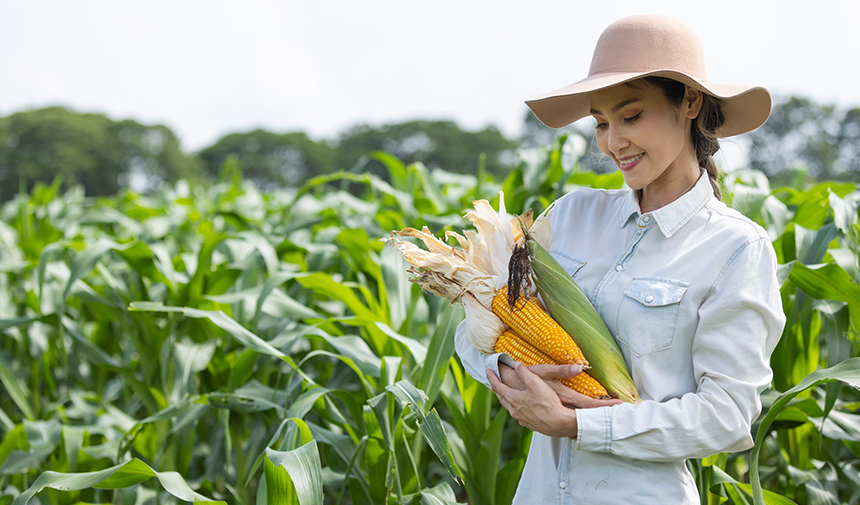Women play an important role in villages and rural areas as the silent heroes of agricultural production. In addition to carrying out labor-intensive work in the agricultural sector, many women also operate as entrepreneurs in their villages. Women’s contribution to agricultural production not only supports economic development but also promotes gender equality by enhancing family well-being. This paper will examine the role of women in agricultural production, the impact of women’s entrepreneurship in villages and how women cope with challenges in the agricultural sector.
Women’s Contribution to Agricultural Production
Women are an important part of agricultural production in villages. From planting crops to harvesting, from animal husbandry to marketing, women are actively involved in many areas. They also undertake care and household chores within the family, which makes their contribution in the agricultural sector even more valuable. In agriculture, women often make up the bulk of the labor force and contribute to the family economy.
Women’s role in agricultural production is not limited to physical labor. Many women find creative solutions to optimize agricultural production and develop new techniques. At the same time, women in villages strengthen the social fabric of communities and promote solidarity.
Women Entrepreneurship in Villages
Women entrepreneurs bring innovative approaches to the agricultural sector in villages. Women entrepreneurship promotes economic growth and social development in rural areas. Women engage in entrepreneurial activities in a variety of fields, from processing agricultural products to handicrafts, tourism, education and health services.
Women entrepreneurs increase job opportunities by creating economic diversification in villages. They create added value by processing agricultural products and create new sources of income in villages. In addition, women entrepreneurs provide positive role models for young women by taking a leadership role in their communities.
Challenges faced by women in the agriculture sector
Women face various challenges in the agricultural sector. Gender inequality can limit women’s access to agricultural resources. Women may face discrimination in land ownership and access to finance. This can prevent women from reaching their full potential in agriculture and entrepreneurship.
In addition, women are often not fully compensated for their labor in agriculture and may not have the same rights as men. Women in agriculture are fighting for their voices to be heard more and for equal access to resources.
Women’s Empowerment in the Agriculture Sector
Women’s empowerment in agriculture is critical for gender equality. Various steps should be taken to support women to take leadership and entrepreneurial roles in agriculture. Training and skills development programs can help women to develop themselves in the agricultural sector. In addition, legal arrangements should be put in place to facilitate women’s access to resources such as finance and land ownership.
Awareness on gender equality should be raised and women’s leadership role should be encouraged to defend their rights in the agricultural sector. Women entrepreneurs can contribute to strengthening communities by promoting social solidarity in villages.
Conclusion
Women’s contribution to agricultural production promotes economic growth in villages and supports gender equality. Women’s entrepreneurship enables innovation and economic diversification in rural areas. Overcoming the challenges faced by women in the agricultural sector is an important step towards gender equality and rural development.



